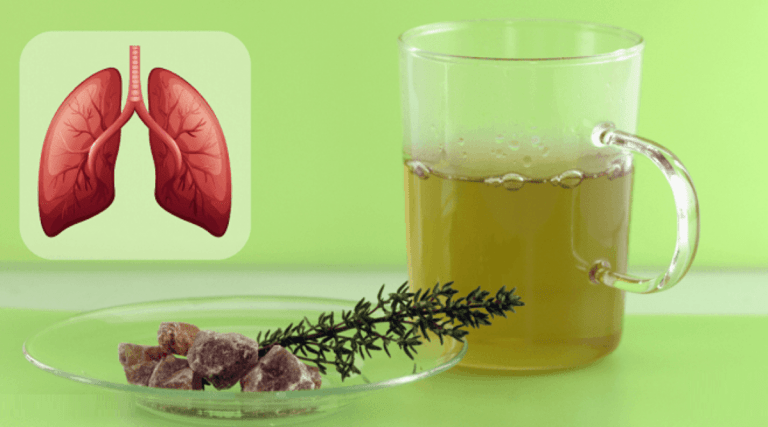Nicknamed by some “the enemy of toxin”, thyme is the subject of legends dating back to Ancient Greece.
Thus, according to old beliefs, it would be born from the tears of the beautiful Helen of Troy, whose forbidden love sparked a war now engraved in history.
But beyond the legend, thyme is above all an herb widely used in cooking. And contrary to the mythological origins attributed to it, its health benefits are scientifically documented. Focus on the benefits of the king of lamiaceae.
Renowned for its many therapeutic virtues, thyme has risen to the rank of essential in our kitchens.
Cough, flu, or respiratory ailments, Thymus vulgaris has more than one trick up its sleeve to relieve everyday ailments.
Its traditional use is also recognized by the WHO as well as by the European Scientific Cooperative of Phytotherapy (ESCOP), without forgetting that the latter is registered in the register of medicinal plants of the French pharmacopoeia.
And for good reason, in the form of essential oil, in infusion or external application, it has a plethora of benefits. Let’s review them.
1.Anti-infectious
If thyme stands out as a considerable health ally, it is partly thanks to its anti-infectious and antiseptic properties.
As part of a study, its use in the form of essential oil demonstrated considerable action against 120 strains of bacteria from patients suffering from oral, respiratory and genitourinary infections.
Consuming thyme in the form of herbal tea or simply sprinkling it on your dishes and salads would be useful to benefit from its benefits.
2.Anti-inflammatory
Antioxidant and anti-inflammatory, thyme owes its virtues to a phenolic compound: thymol.
According to researchers, the latter could relieve asthma by targeting the free radicals responsible for inflammation.
Jean-Louis Brazier, pharmacologist recommends inhaling thyme to clear the respiratory tract.
The ideal is to boil water and pour it into a bowl, adding 2 tablespoons of thyme. You will then need to tilt your head over the container, making sure to cover it with a towel, then breathe gently for a few minutes.
3.Antimicrobial
In the form of herbal tea, thyme would provide considerable relief in cases of oropharyngeal inflammation.
Without forgetting its ability to stimulate immunity to combat certain pathologies.
For effective action, you can consume it in the form of herbal tea, 3 times a day.
It may be useful to add eucalyptus honey with expectorant properties or lemon juice for its antiseptic properties.
4.Antiviral
Inhaled and in the form of essential oil, thyme is particularly useful in combating flu symptoms.
According to a study published by The American Journal of Essential Oils and Natural Products, the aromatic has antiviral properties useful for fighting disease without harming epithelial cells.
Scientists also suggest an effective action against hemagglutinin, a protein on the surface of influenza, responsible for its attachment to the target cell.
5.Decongestant
Considered a formidable decongestant, thyme is useful for a large number of pathologies.
According to Thierry Thévenin, herbalist producer and Dr Laurent Chevallier, nutritionist, its consumption in the form of herbal tea would be particularly useful for the respiratory tract.
An opinion shared by Christelle Lassort, naturopath and alternative medicine therapist who recalls that thyme “acts on many ENT and respiratory diseases”.
The latter would have expectorant properties promoting rejection. A major asset in case of colds, coughs and asthma.
Pharmacist Christine Cieur-Tranquart advises combining its antitussive, antiviral and antiseptic properties with an anti-inflammatory and emollient plant in the event of an infectious or viral cough.
Warnings
The use of thyme is not recommended for people on anticoagulant treatment or in cases of pregnancy.
Please note that it should not be consumed for a period exceeding 3 weeks at the risk of causing disturbances, irritation or hypertension.
Read more on next page
ADVERTISEMENT

